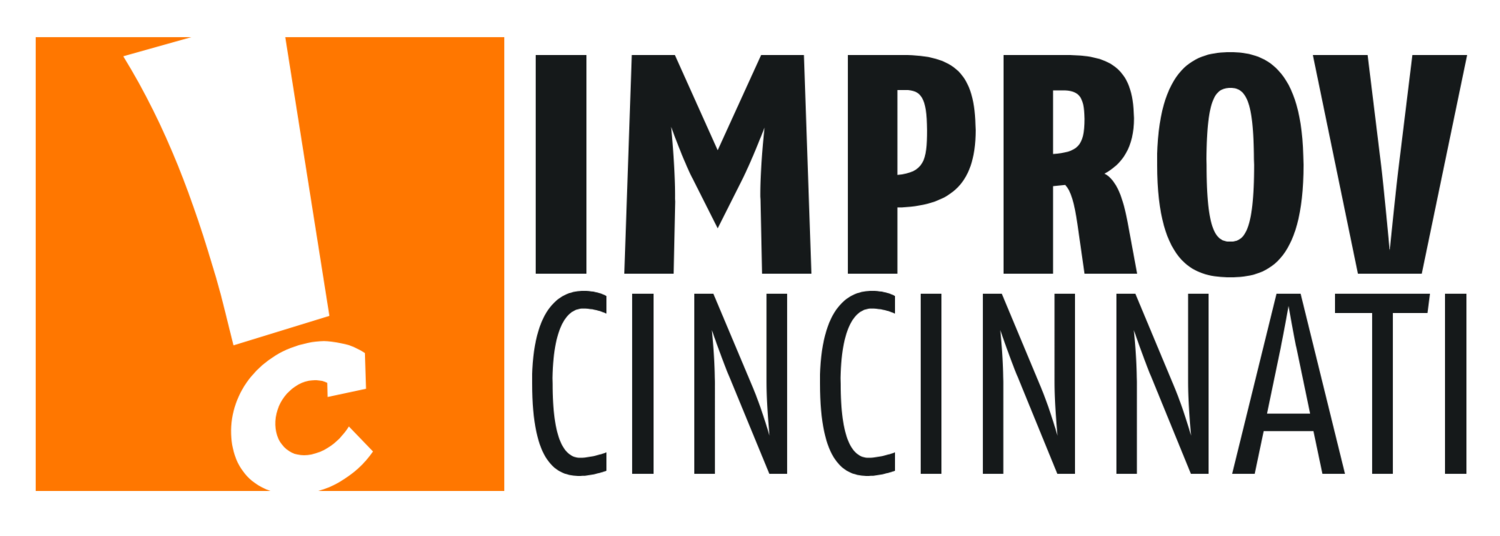"What is the Coolest Thing That Can Happen Right Now?"
/I spent last weekend playing games.
Way before I was an improviser, I was a role-playing gamer. I started playing Dungeons & Dragons in 5th grade, running games for James and Craig at lunch time. I barely understood the rules, but I was the one with the rulebooks -- they were my older brother's -- so that made me the Dungeon Master. In high school, my gaming group was made up of other marching band weirdos. We had ponytails and wore jewelry from the Renaissance Festival. We listened to Pink Floyd and Iron Maiden. We were those kids, oh my gosh we were 100% those kids.
When I played D&D in school I was interested in stats, collecting magical gear, and describing my character's topknot ponytail in exquisite detail. This weekend was a little different. I met up with other (actual grown-up) friends at the Origins Game Fair, held every summer in Columbus. We stayed up very late every night playing story games, and then we got up very early every morning (stopping for coffee atNorth Market) to go to the convention to play more story games.
Story games are different from traditional board games. There's no "winner" at the end. The goal is to craft a fun and compelling narrative with your friends. I playedJuggernaut, where you're a scientist in 1950 trying to figure out if the supercomputer spitting out commands can really tell the future; I played Lady Blackbird, a steampunk/sci-fi mashup about getting an air-pirate to her pirate-king consort; I played Sagas of the Icelanders as a Norse witch with strong opinions on the future of her clan.
My secret to success when playing these story games is that I'm just improvising. I say yes, and... to my partners' ideas, I try to make the other players look good. We laugh a lot, and sure, the dice rolls can make unexpected things happen, but during some games we would just stop and ask ourselves, "what is the coolest thing that could happen in the story right now?" Then we did that thing.
My secret to success when improvising is that I'm just playing games. I try to make sure my partner is having fun, I ask myself what is the coolest thing that could happen right now?, and then I do that thing.
Prince has a song called Calhoun Square that starts off with a little in-studio direction, and he says, "Listen to the drummer, but you still want to have fun -- it shouldn't be work."
It's something I try to keep in mind when improv feels hard. Sometimes it is hard! But you still want to have fun. We're playing games with our friends -- it shouldn't be work.

